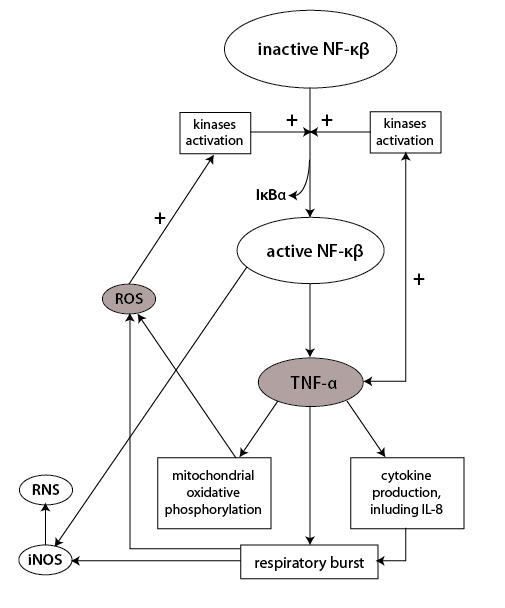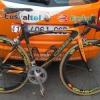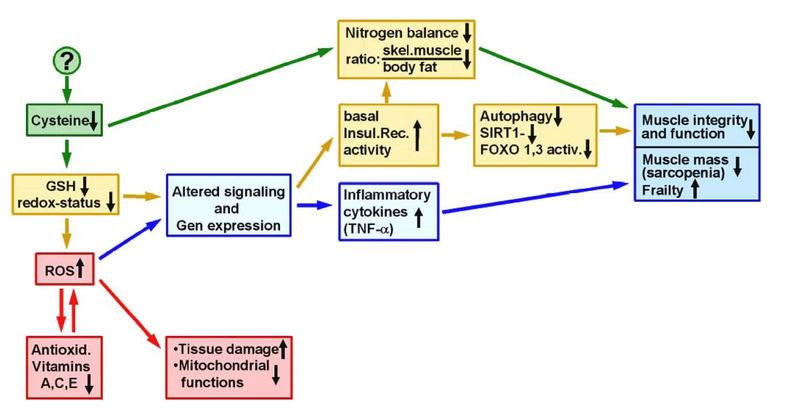Back in early March I started taking 400 mg (50% pure) Now RSV purchased from IHerb (2, 200-mg veggie caps, one in the morning and one at night), and this erased a lot of joint pain (knees, hips), got rid of some troublesome achilles tendonitis inflammation, and minimized recovery times from once-a-week sports exertions. Was able to resume a rigorous multi-sport exercise routine that had been lagging due to chronic injuries. I then ramped up to 800 mg of the Now product. At this point, laxative effect drove me to order 99% powder from Vital Prime. When the Vital Prime arrived toward the end of April, I increased dosage to 2 grams a day. (1 gram morning, one gram night, mixed with tablespoon of vodka and then doused with grapefruit juice.)
About 3 weeks after this I was disappointed to have a herpes outbreak, particularly because outbreaks usually occur once a year and I had just had an outbreak 2 months earlier. It seemed disappointing to think that the RSV was hurting in this area rather than helping. I decided to force the issue a bit and double the dosage (4 grams per day) to give the RSV twice the opportunity to have either a negative or positive effect. (The dose might actually have been effectively more than doubled because I also started mixing my RSV-vodka solution into a half glass of lecithin-dissolved-in-water to improve delivery.) Within a few days, not only did I get a small "extra" outbreak near the original herpes outbreak, but I also got a case of shingles (first time).
Herpes simplex is pretty flaky so I try not to read too much into when it comes and goes, though it does seem to coincide fairly predictably with phases of sleep deprivation and poor nutrition for me. But herpes zoster was completely unexpected and from what I am reading, usually strikes older people with zonked-out immune systems. However, it has been at least 6 months since I had even a mild cold, and that was probably a year after the previous cold.
I'm trying to sort out possible implications of my experience, but I'm a bit lost. One scenario I speculated was that the RSV is blocking an inflammatory agent of my immune system (nfkb?). Blocking nfkb response stops inflammation (and accompanying aches and pains), but perhaps the nfkb (or whatever inflammatory agent is being blocked) is responsible for triggering some other part of my immune system to fight herpes virus replication. So even as RSV blocks inflammation, it is perhaps also deterring my primary defense against herpes (both simplex and zoster) recurrence?
Right off the bat, however, I question that speculation. If the speculation is correct, I would have expected to see more folks reporting cases of shingles on this site (especially since posters on this site seem to be increasing their dosage levels, and especially because it is my understanding that a large percentage of people in general have had chickenpox in their childhood). I have read about rashes, hives and eczema on this site, but not shingles.
In weighing my future RSV options (I've stopped RSV for now), I am questioning what actual benefits I am getting from RSV. I believe that if I had taken RSV even 10 years ago, I might not have noticed any benefits. But now, in my 50's, there are lots of pains to relieve that didn't exist 10 years ago. The pain relief is fairly crucial as far as continuing my present lifestyle.
But what is the nature of this pain relief? Is it simply buying me an extra bit of time while I (painlessly) grind the last vestiges of hip and knee cartilages down to nothing? Or is RSV effecting some actual repair upon my joints? The heels feel great, but without the warning signal of the pain, am I now at an extra risk of popping a tendon?
It appears like I don't have much of a chance of ever ramping up to amounts equivalent to those used in the famous mice experiments, so those benefits seem well out of reach. Besides the apparent breakdown in herpes defenses, higher dosages of RSV also seem to cause unbelievably rancid farts (the smallest of which must be contained at all costs – related to sulfonation?) along with unpredictable bowel movements ranging from diarrhea to loose stools.
My inclination at this time is to get all healed up and then start back with a long term regimen of maybe a gram of powder per day, which should be enough to maintain the pain relief with (hopefully) minimal negative side effects. I hope my shingles experience is unique to my own personal circumstances.
Edited by hmm, 26 May 2008 - 07:34 PM.






















































